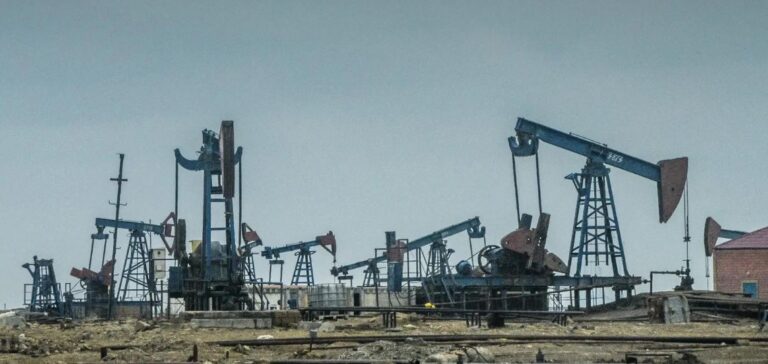Despite the announcement of Russia’s oil production cut, oil prices started the week lower. A barrel of North Sea Brent crude for April delivery lost 0.72 percent to $85.77, while a barrel of West Texas Intermediate for March delivery fell 0.65 percent to $79.20. UBS analysts attribute this to concerns around near-term demand. Although Russia announced a 500,000 barrel per day cut in March, it may have limited ability to influence global markets given the uncertain economic outlook in many major oil consuming economies.
Limits to Russia’s ability to influence global markets
Hopes for a recovery in demand from China, the world’s largest importer of crude, have also pushed oil prices higher, but investors are still waiting for concrete signs. The Russian decision was announced by Deputy Prime Minister for Energy Alexander Novak, after the European Union ban on imports of Russian oil products and a price cap by G7 countries on these products came into effect. While the announcement shook the market on Friday, Stephen Brennock of PVM Energy puts the actual impact of the announcement, which had been reported for some time, into perspective.
Increased Russian oil exports but decreased Russian gas exports in 2022
In addition, despite international sanctions, Russian oil exports increased by 7.6% in 2022, to 242 million tons, Novak announced, while Russian gas exports fell by 25.1% in the same period. In light of this situation, it is critical that oil market participants develop strategies to mitigate the effects of economic and geopolitical uncertainties on near-term demand and to prepare the industry for a future of increasing energy transition.





















